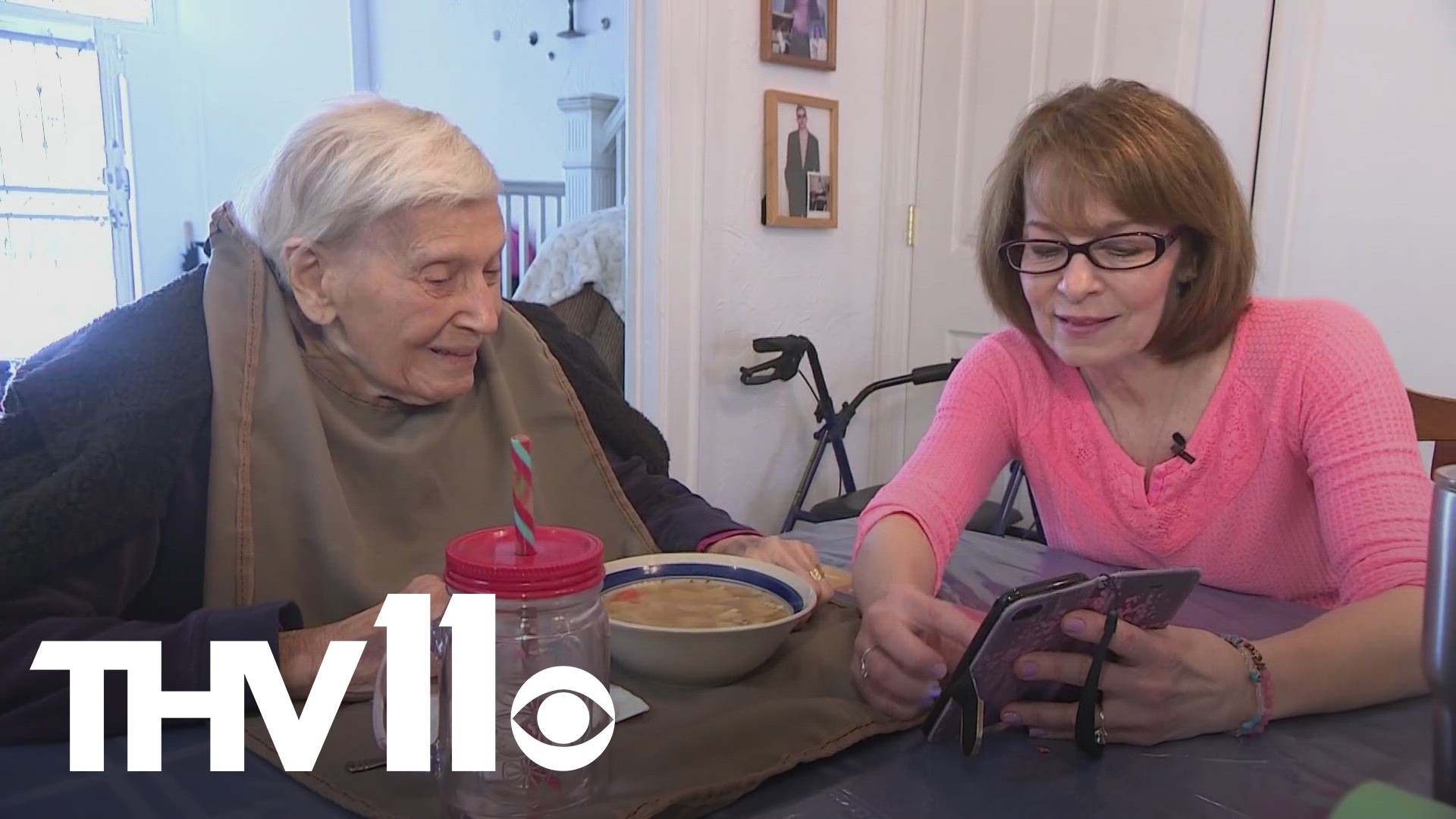LITTLE ROCK, Ark. (AP) - The Arkansas Supreme Court on Thursday cleared the way for judges in the state’s largest county to hold resentencing hearings for seven inmates who received life terms as juveniles, which could set a course for how other state courts handle cases involving similar prisoners.
The U.S. Supreme Court has ruled that juvenile offenders cannot be sentenced to life terms without at least a chance at parole. As a remedy, Arkansas legislators this year declared that youthful offenders serving life terms would be parole-eligible after a term of 30 or fewer years, depending on the offense. Two Pulaski County judges went another way, saying seven inmates with cases in front of them deserved individualized resentencing hearings.
Lawyers for the state argued to the state Supreme Court that the lawmakers’ solution was fine, but the justices rejected their argument Thursday in a series of one-paragraph orders.
The inmates’ lawyers had told the court that the legislators’ approach was inappropriate.
“The fashioning of remedies for violation of litigants’ constitutional rights in a criminal case falls in the purview of the judicial branch of government as a matter of the doctrine of separation of powers. … Legislatures cannot impose sentences of imprisonment on individuals,” lawyer Clint Miller wrote on behalf of Brandon Hardman, who was convicted of capital murder at age 16.
Some judges outside Pulaski County have approved of the Legislature’s remedy, but lawyer Jeff Rosenzweig said Thursday’s ruling should put everyone on the same page.
“Judges around the state have seen what the Supreme Court did,” he said.
In 2012, in cases from Alabama and Arkansas, the U.S. Supreme Court said mandatory life-without-parole sentences were unconstitutionally cruel for young offenders. In 2016, justices expanded their ruling to apply it retroactively. The effect means only that the inmates can apply for parole — not that they are entitled to it.
“There’s no requirement that they be let out,” Rosenzweig said.
Arkansas’ attorney general’s office noted that the justices were split, and spokesman Judd Deere said that one dissent in particular “strongly suggests the decision was not based on the merits of the issue but on procedural issues.”



